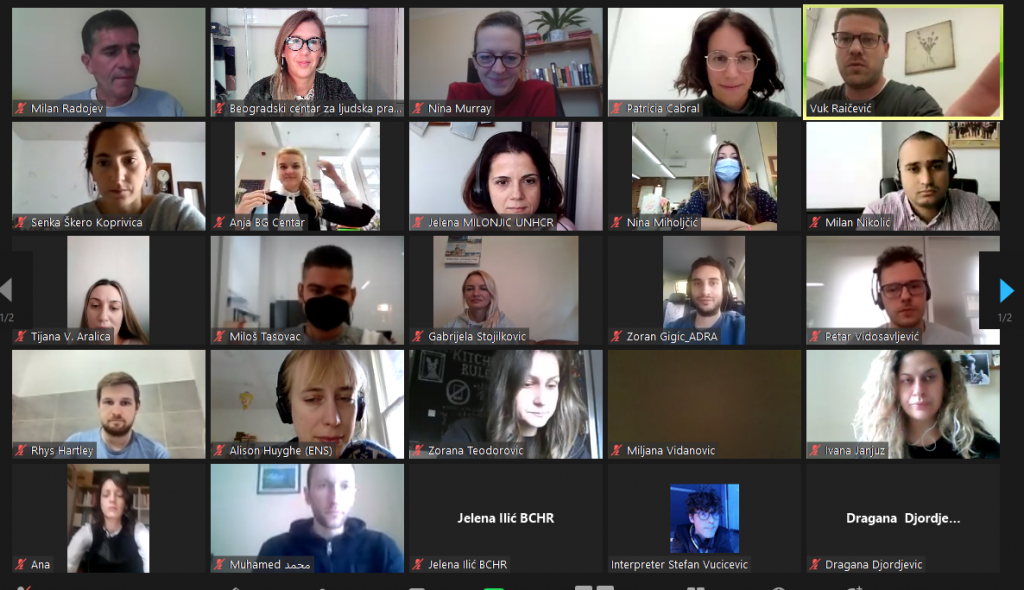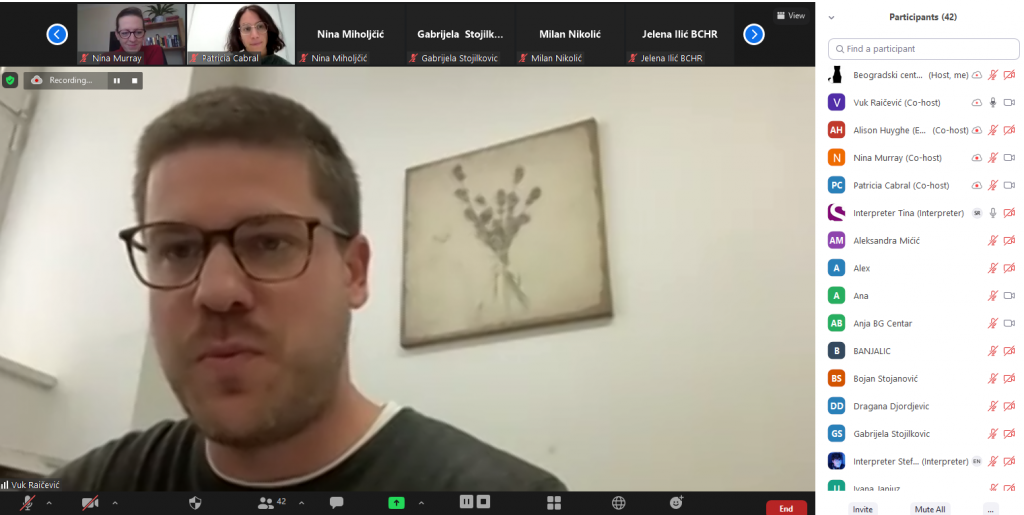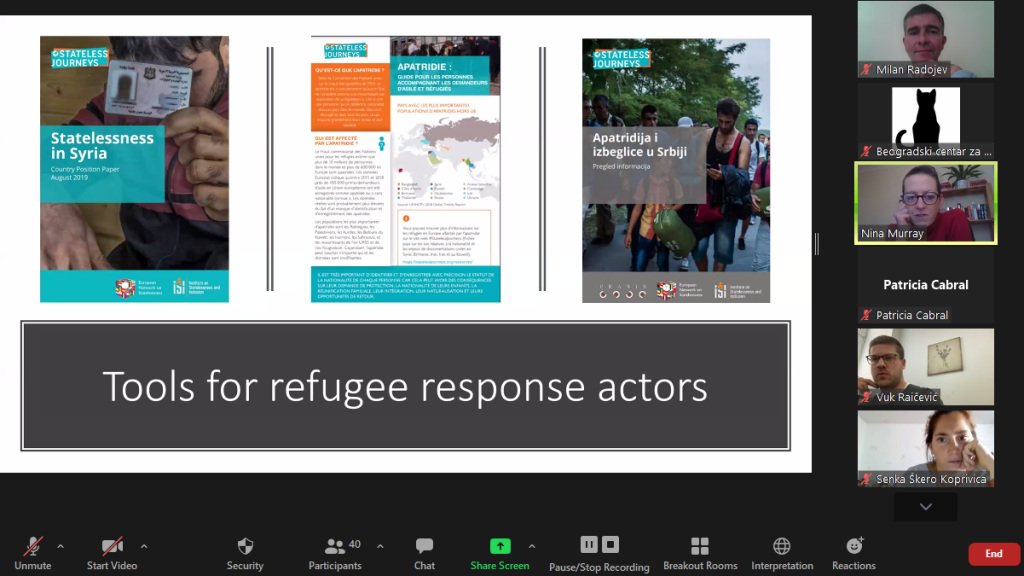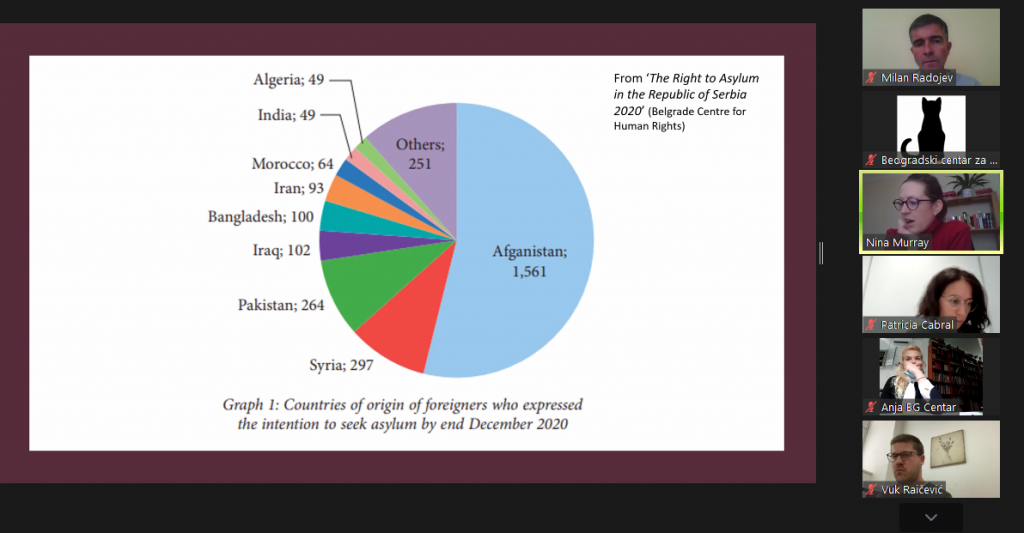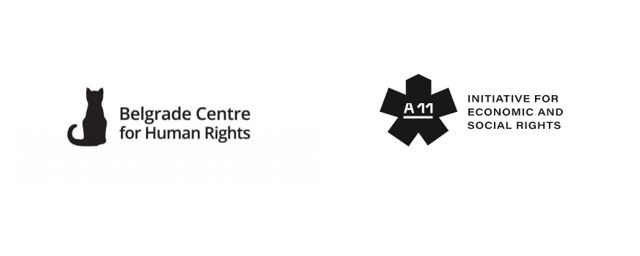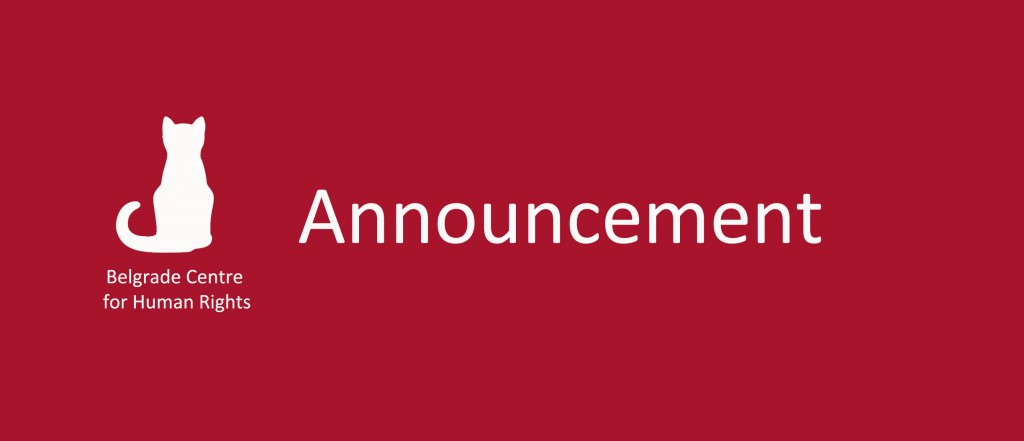We condemn the arrest of peace activists Aida Ćorović and Jelena Jaćimović
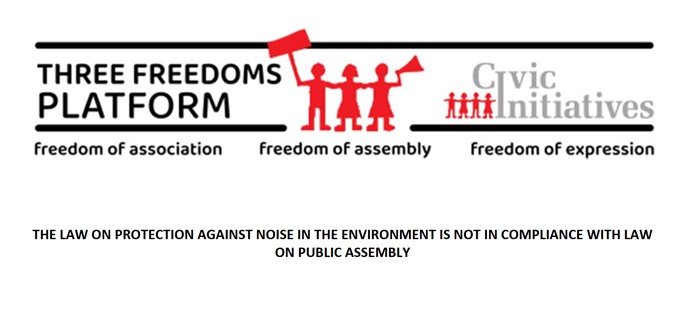 Organizations gathered around the Three Freedoms Platform strongly condemn the arrest of peace activists Aida Ćorović and Jelena Jaćimović, who were brutally detained by plainclothes police while protesting against the mural of convicted war criminal Ratko Mladić. On International Day Against Fascism and Antisemitism, the arrest of human rights activists and taking the side of convicted war criminals shows the true political orientation of the authorities in Serbia.
Organizations gathered around the Three Freedoms Platform strongly condemn the arrest of peace activists Aida Ćorović and Jelena Jaćimović, who were brutally detained by plainclothes police while protesting against the mural of convicted war criminal Ratko Mladić. On International Day Against Fascism and Antisemitism, the arrest of human rights activists and taking the side of convicted war criminals shows the true political orientation of the authorities in Serbia.
We remind you that a gathering organized by the Youth Initiative for Human Rights in order to remove the mural of Ratko Mladić was illegally banned by the Ministry of Internal Affairs due to alleged danger to the safety of people and property. Minister Aleksandar Vulin then issued a statement in which he characterized the planned removal as “hypocritical, vile and driven by evil intentions”. On the day of the originally scheduled protest, and according to eyewitnesses, members of the Ministry of the Interior stopped and identified citizens who found themselves in the immediate vicinity of the mural.
We remind you that the arrest of Maja Stojanović, now the executive director of Civic Initiatives, which took place 14 years ago after a similar action against Ratko Mladić, ended with her being declared a prisoner of conscience by Amnesty International, and the President of Serbia paying the then imposed misdemeanor fine. The repetition of such catastrophic mistakes by Serbian authorities represents a step backwards, and shows that Serbia is moving in the direction of celebrating crimes, not democratization.
In its statement, the Ministry of the Interior stated that “there are many who would like to see pictures of broken Serb heads coming from Belgrade.” Instead, tonight in Belgrade, we are witnessing a brutal demonstration of force against peace activists by non-uniformed persons, in order to defend the politics of war-mongering.
- Civic Initiatives
- Youth Initiative for Human Rights
- Center for Cultural Decontamination
- Initiative for Social and Economic Rights – A11
- Belgrade Center for Security Policy
- Trag Foundation
- Slavko Curuvija Foundation
- Helsinki Committee for Human Rights in Serbia
- Belgrade Center for Human Rights
- Partners Serbia
- Lawyers’ Committee for Human Rights – YUCOM
- Women in Black
- Autonomous Women’s Center
- New Optimism
- Policy Center
- Serbia on the Move
- Center for Research, Transparency and Accountability – CRTA
- Our Endowment (Naša zadužbina)
- Catalyst Balkans
- National Coalition for Decentralization
- Transparency Serbia







